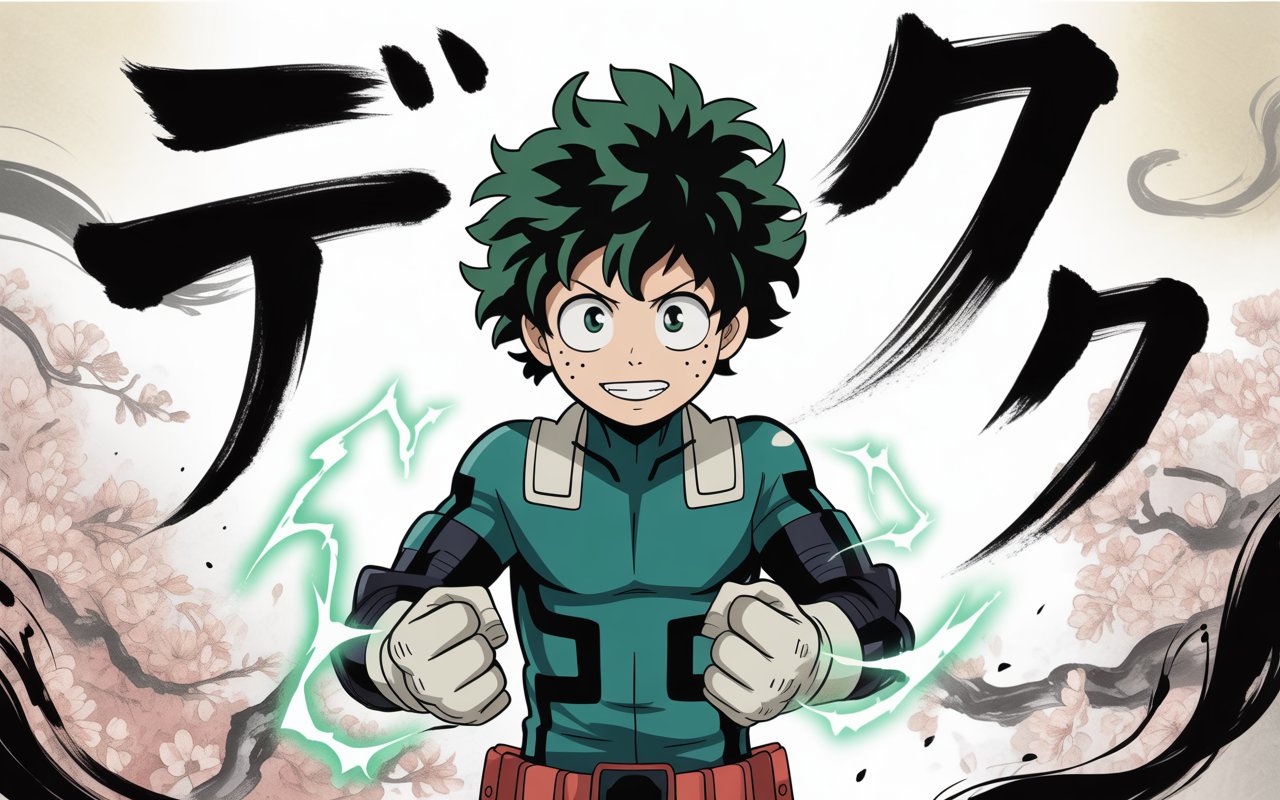The name Deku has become one of the most recognizable terms in modern anime culture, especially among fans of My Hero Academia. While it may seem like just a nickname for Izuku Midoriya, the term holds deeper meaning in Japanese language, culture, and storytelling. Understanding what Deku means in Japanese helps viewers appreciate the emotional journey of the character and the themes behind his transformation. This article explores the origin of the name, its linguistic roots, and why it became such a powerful symbol in the series.
The Meaning of Deku in Japanese
In everyday Japanese, the word deku is used as slang to describe someone who is useless, helpless, or unable to accomplish anything. It can refer to a person who has no talent, ability, or value. Traditionally, the term was also linked to a wooden puppet or doll that cannot move on its own.
Because of this, calling someone deku is usually meant as an insult. In the world of My Hero Academia, this meaning is reflected when other students use the name to belittle Izuku Midoriya for not having a Quirk.
How Izuku Midoriya Became Known as Deku
Before he entered U.A. High School, Izuku was often mocked for being quirkless in a society where superpowers were the norm. His childhood friend Bakugo started calling him Deku as a way of saying he was useless and weak. This nickname stuck with him and caused him emotional pain for years.
However, the meaning of Deku changed for Midoriya when another character viewed it differently. This shift in perspective marked a turning point in how he saw himself and how he chose to grow stronger.
The Positive Transformation of the Name Deku
Within the series, the character Ochaco Uraraka interprets the name differently and gives it a positive meaning. She explains that Deku sounds like a name for someone who can do anything, turning the negative idea into a source of inspiration.
This reinterpretation becomes deeply symbolic for Midoriya. He begins to embrace the nickname Deku not as an insult but as a new identity that represents perseverance, courage, and the desire to help others. This transformation highlights one of the show’s core messages: that even those who are underestimated can rise to greatness.
Deku in Japanese Pop Culture
Because of the popularity of My Hero Academia, the name Deku has become iconic in Japanese pop culture. It is no longer seen only as slang but as a representation of a determined hero who overcomes obstacles. The name is widely used in merchandise, fan art, cosplay, and discussions across Japan and around the world.
>Its meaning has evolved far beyond its original insult and now stands as a symbol of hope, resilience, and personal growth.
Why the Meaning of Deku Matters
Understanding the Japanese meaning behind Deku adds depth to the character’s story. It helps explain his struggles, motivations, and the significance of his transformation from a powerless boy to a rising hero.
The shift from a negative label to a proud identity shows how words can change their impact depending on perspective. It also reflects the anime’s theme of believing in oneself even when others doubt you.
Conclusion
Deku in Japanese originally meant someone who is useless or ineffective, but My Hero Academia turned the word into a powerful symbol of inner strength and determination. Izuku Midoriya’s acceptance of the name represents his journey from being underestimated to becoming a hero who inspires millions.
>Through cultural meaning, character growth, and emotional storytelling. The simple word Deku has become one of the defining elements of modern anime.

